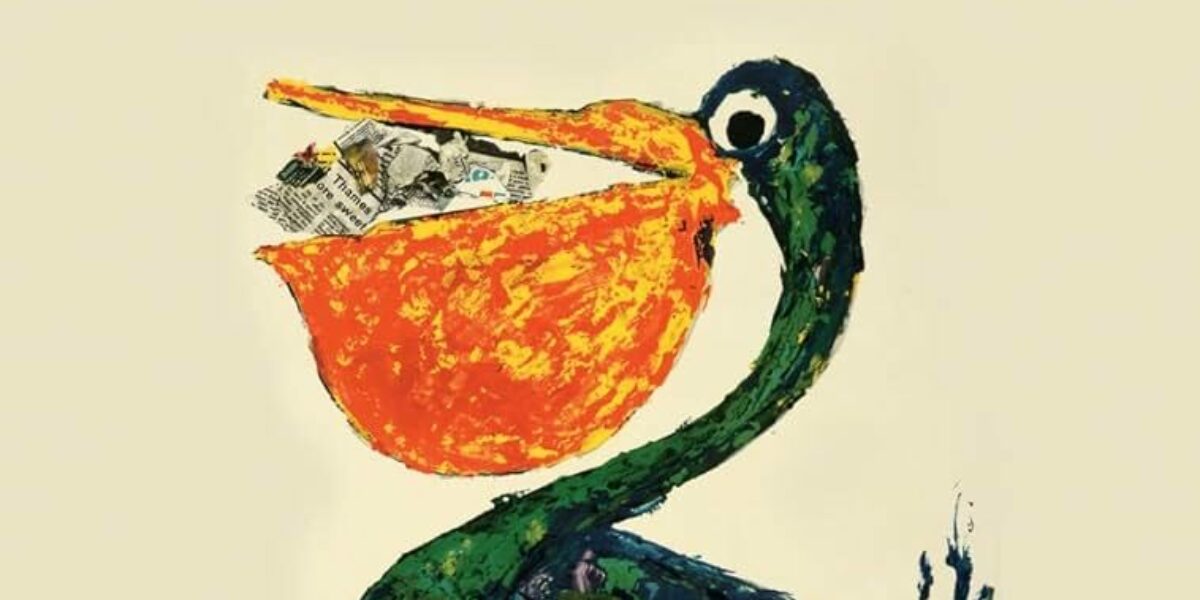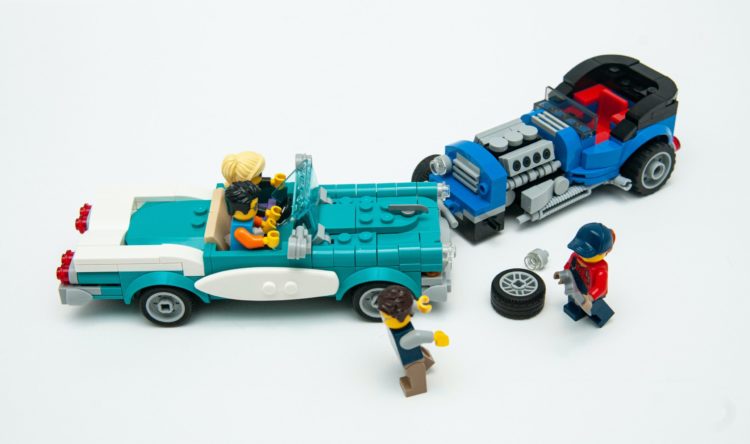Keep Britain tidy and safe
Road side litter is an increasing issue for wildlife
Roadside litter is a problem we can see, but may not really understand.
A big issue is the damage and danger it poses for wildlife.
This is why National Highways has launched a new campaign.
It calls on road users to protect wildlife and, in turn, help reduce delays.
Motorists, take your rubbish home.
Bin it
Supported by the RSPCA and Keep Britain Tidy, the campaign kicks off with a simple plea: ‘Lend a paw – bin your litter’.
It comes on the back of a survey carried out by National Highways. It revealed that while more than 90% of respondents said they had never discarded litter onto the roadside, more than 60% said they had seen someone else doing it.
In many ways, this can be seen as an acknowledgement of how taboo littering is, but may also hint at peoples embarrassment about their own littering.
Increasing levels of litter is seen along British highways, and is generally regarded as far worse than most of our continental neighbours.
Go wild in the country
This new campaign aims to highlight the link between littering and endangering wildlife.
The same survey also shows many people are oblivious to the fact that discarded rubbish and fruit can attract animals, with often deadly consequences.
Almost half of the people who took part in the survey were unaware that fruit peel and apple cores count as litter.
A consequence is the costs to drivers – National Highways has to close down motorway lanes in order to keep litter-pickers safe.
Nick Harris, chief executive of National Highways, highlights en endemic problem.
“Littering is a dreadful social problem. It’s not just unsightly, it can have a deadly impact on wildlife, turning verges into lethal roadside restaurants.
“We’re working hard to tackle it on our roads, with our people litter-picking every day. To keep them safe we have to close motorway lanes, which delays drivers and costs millions of pounds.
“But if people don’t drop litter in the first place it wouldn’t need to be picked up – so we urge road users to take their litter home.”
Tech trials too
As part of a long-term effort to rid the roadsides and motorway service areas of rubbish, National Highways has run a trial using AI-enabled cameras.
Trialling of message signs to reduce motorway littering has also taken place.
It uses geofencing to send texts to motorists entering laybys where littering is an issue.
The idea is to prompt them to take their litter home. This will also be part of the upcoming Great British Spring Clean, its ninth year .
Litter kills
Over the last three years, the RSPCA has received more than 10,000 reports of animals found injured, trapped or dead from discarded litter – that’s nearly 10 reports every day.
Geoff Edmond, RSPCA lead wildlife officer, welcomes the National Highways’ campaign. He believes it’s important to raise awareness about the dangers wildlife faces from litter.
“Our rescuers deal with thousands of incidents every year where animals have been impacted by litter. Old drinks cans and bottles, plastic items and even disposable vapes are just some of the items that pose a danger to our wildlife including hedgehogs, squirrels, deer and foxes.
“But it’s really easy for the public to help. When people are out on the roads, we urge them to hold on to their litter until there is an opportunity to dispose of it safely and responsibly – or recycle where appropriate. As we all strive to create a better world for every animal, this could save an animal’s life.”
The new campaign will feature on radio adverts, roadside billboards, posters at motorway service areas and petrol stations, and on social media.
You can find out more and find the campaign toolkit here.






